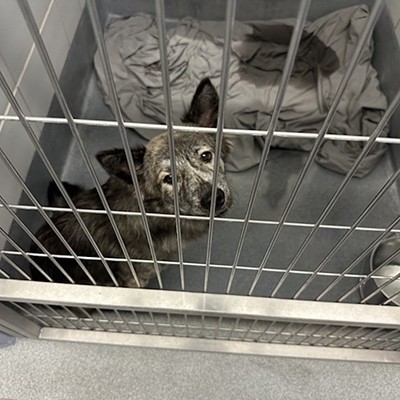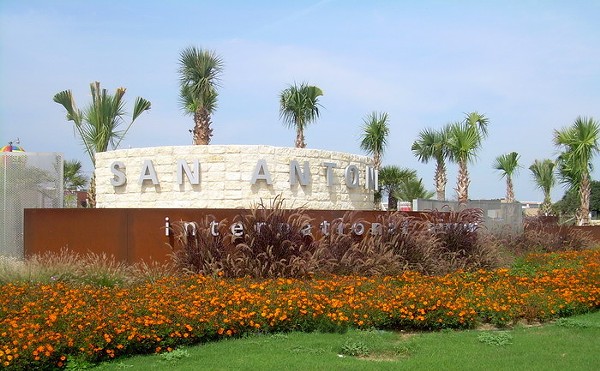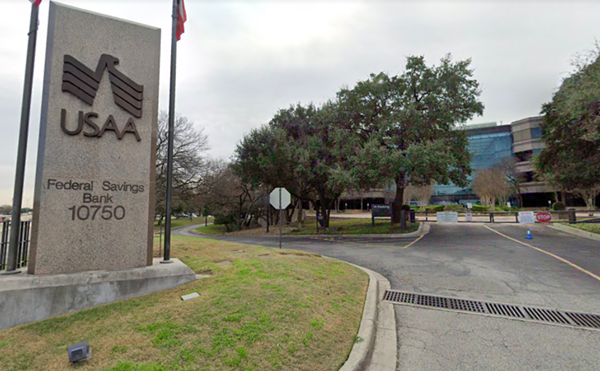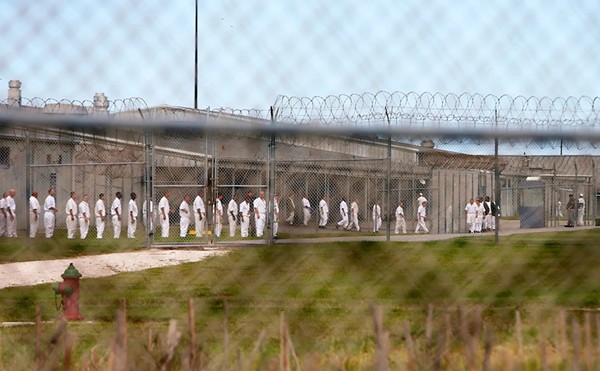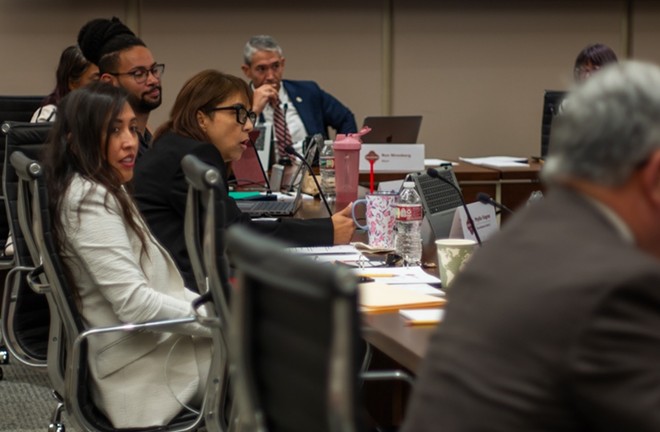
Anyone who advocates running government like a business must never have been put on hold by an insurance company or cable provider.
During a recent online group chat the Express-News conducted with District 8 Councilman and mayoral candidate Manny Pelaez, Metro Editor Greg Jefferson posed a question from an attendee.
“The NCAA’s Final Four, which I believe is next year, has delayed needed sewer repairs, and Major League Baseball’s timetable has led to initial approval of a new ballpark for the San Antonio Missions without as much public deliberation as there could have been,” Jefferson relayed. ”Does the city government cater too much to corporations, allowing boards of directors elsewhere to define the parameters of our city’s conversation?”
Pelaez was incredulous.
“Yeah, so nobody who voted for the new Missions baseball stadium was in the back room, right? Where we all kind of talk and hash this out, right? Nobody said, ‘Hey guys, are we catering enough to corporations here? Should we cater more to corporations?’” he said. “Those conversations never happen. It’s a really convenient, you know, way to look at the world and, you know, validate your conspiracy theory appetites.”
So, that question constituted a convenient validation of someone’s appetite for conspiracy theories? Hmm.
Let’s begin with what’s not in dispute.
“The San Antonio Missions are a Double-A affiliate of the San Diego Padres,” reads an agenda memorandum from San Antonio’s city manager dated Aug. 29. “Since 1994, the team has played home games in Nelson Wolff Stadium.”
Now the problem: “Due to the age of the Stadium, MLB has determined that the facility in its current condition is not suitable for minor league baseball in the future. MLB requested that the new ownership group have a plan for a new ballpark by August 1.”
After receiving a letter of intent on that plan signed by Mayor Ron Nirenberg and County Judge Peter Sakai, the MLB further requested “a more binding detailed commitment from the parties by October 15.”
That explains why San Antonio must have a new stadium to keep our minor league team, and it also helps explain why, given MLB’s proffered timetable, the conversation has felt rushed to so many constituents.
“People have been talking about this project, but they haven’t been talking to us and with us,” Graciela Sánchez, director of the Esperanza Peace & Justice Center, informed City Council at a special session a week before the project’s approval. She concluded her allotted time with choice words: “This is bullshit.”
What’s inarguable is this: MLB “determined,” then MLB “requested,” and in response, the owners and city planners have worked behind the scenes “to supply what is required or desired.”
That’s the dictionary definition of “catering.”
While closing big deals and revitalizing urban blight is difficult, community involvement can’t just mean giving folks a PowerPoint presentation of what’s already been decided — no matter how lovely or lucrative.
As for the Band-Aid solution in lieu of replacing century-old pipes under South Alamo Street to accommodate tourists expected during the Final Four, Pelaez admirably confessed to Jefferson “the city stumbled on that one” and concluded “we can do better.”
Since the chief of operations for the San Antonio Water System described the sewer situation as “a ticking time bomb,” keep your fingers crossed that by eventually “doing better,” we can avert a literal shitstorm.
In response to Pelaez, the reason elected leaders don’t sit around asking themselves, ‘Should we cater more to corporations?’ is because catering to corporations is the default factory setting for most of them.
Touting his experience as a corporate attorney, Pelaez likes to brag that he was “created in a test tube at Toyota.” It’s no wonder then that when multi-billion-dollar corporations want him to do their bidding, he’s more than happy.
“We need to run the city like a business to get the ultimate efficiencies out of it,” former homebuilder and Morgan’s Wonderland founder Gordon Hartman told Texas Public Radio journalist David Martin Davies earlier this month. Hartman is co-chair of the RenewSA political action committee, which is iceskating uphill to win voter support for six amendments to the city charter on the Nov. 5 ballot.
If the vote were held today, a majority of likely Bexar County voters would find out about the various amendments in the voting booth itself. Only 19% of those surveyed had even heard of the proposed changes, according to mid-September polling by the UTSA Center for Public Opinion Research.
Most of those polled favored cleaning up charter language to edit outdated terms, for example, but a mere 17% said they would vote to remove the city manager’s tenure limit and salary cap. This despite San Antonio political consultant Eddie Aldrete telling listeners to his podcast that unbridled CEO compensation “seems to have fairly unanimous support from the business community.”
It’s tough for me to blame this disconnect on the people. No matter how many choices a business offers consumers — paper or plastic, window or aisle, supersizing the meal — those pale in comparison to genuine co-participation in decisions which affect our lives. Civics is irreducible to commerce, and citizens aren’t customers content to drop a comment in the suggestion box every couple years.
“Good government is efficient,” the editorial board of that socialist rag the Financial Times wrote back in 2017, but it’s “also equitable and transparent and accountable to the broad electorate. These various constraints” mean “management approaches native to business often fall at the first governmental hurdle.
“The government should not be run like a great company,” the board continued. “It should be run like a great democracy, which is much harder to do.”
Subscribe to SA Current newsletters.Follow us: Apple News | Google News | NewsBreak | Reddit | Instagram | Facebook | Twitter| Or sign up for our RSS Feed



